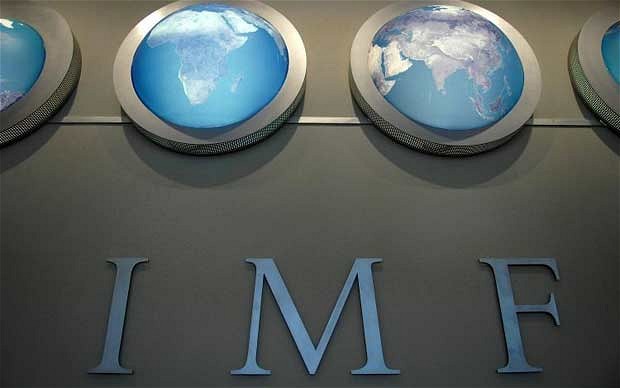
Rabat, Morocco (TMT)- The Moroccan authorities borrowed US$ 3 billion from the International Monetary fund, under said body’s Precautionary and Liquidity Line (PLL) arrangement, only a few days after the move was approved in unanimity in the Moroccan parliament, with Omar Balafrej from the Democratic Left Federation (FGD), a coalition of three left-wing parties, being the only parliamentarian to vote against the decision.
A statement from the IMF said that the Moroccan authorities have resorted to borrowing the money “to cope with the social and economic impact of COVID-19 and to maintain strong external buffers in a context of heightened uncertainties.”
“The Moroccan authorities today drew on all resources available under the current Precautionary and Liquidity Line (PLL) arrangement in the amount of SDR 2.15 billion (about US$3 billion or 240 percent of quota and about 3 percent of GDP). This purchase will help the authorities limit the social and economic impact of the COVID-19 pandemic and allow Morocco to maintain an adequate level of official reserves to mitigate pressures on the balance of payments,” The IMF explained in a communiqué.
Since 2012, Morocco has benefited from four successive PLL arrangements with the IMF. The PLL instrument is precautionary and designed to meet the liquidity needs of member countries with sound economic fundamentals but with some remaining vulnerabilities. It provides rapid access to Fund resources in the event of external shocks or a worsening global environment.
This is the first time the authorities draw on funds available under the PLL, to cope with the unprecedented shock of the COVID-19 pandemic, including both its domestic impact and spillovers from a global recession. Despite a range of measures taken by the authorities to increase health spending and support businesses and households, Morocco is likely to experience a recession in 2020 due to sizable declines in exports, tourism, and remittances and a temporary freeze in economic activity. While the current account deficit will widen and capital inflows should decline in 2020, Morocco is expected to maintain an adequate level of official reserves following the PLL purchase.
The Moroccan Times.



![Morocco Suffers Defeat Against South Africa in African Nations Cup Qualifier [Highlights Included] Achraf Hakimi](https://themoroccantimes.com/wp-content/uploads/2023/04/achraf-hakimi-238x178.png)



